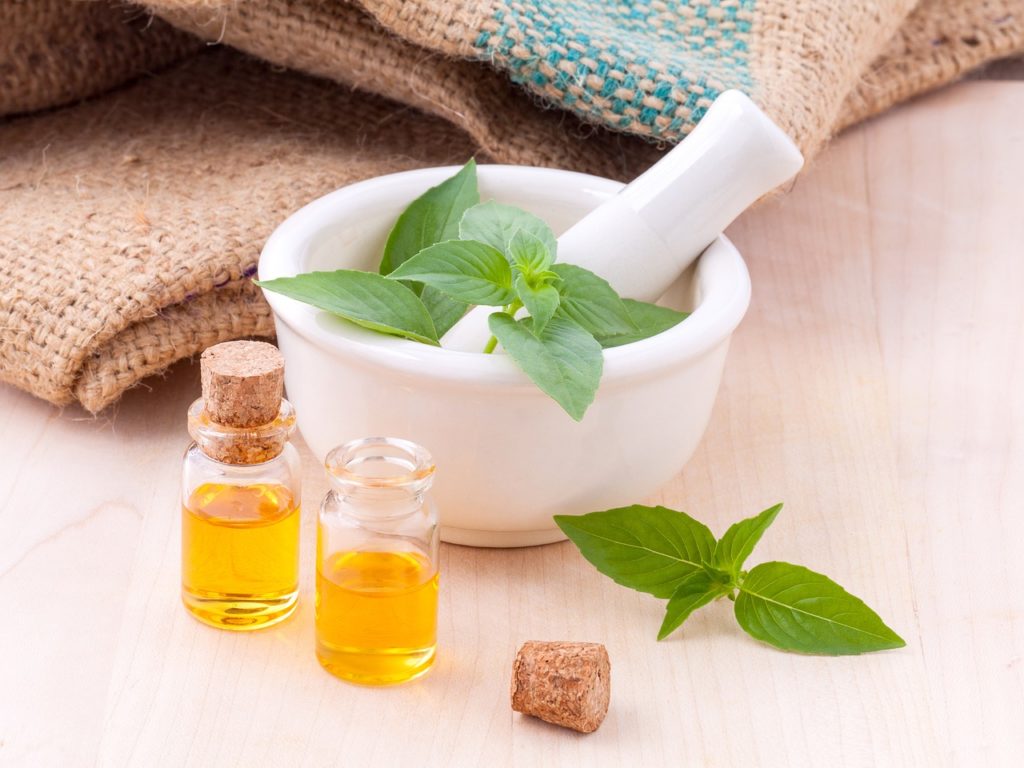Humans have thought that particular foods may heal people since the dawn of time. We all recall our grandmothers advising us to consume a certain type of food for a specific ailment. Even now, contemporary medicine suggests particular foods for specific conditions, and we’ll go through a few of them below. You will undoubtedly come across some that may be the answer to your problem.
- Mushrooms
Mushrooms have a distinct texture, scent, flavor, and aroma that distinguishes them from other food crops. Mushrooms are nutrient-dense, low-calorie meals that are abundant in protein, vitamins, and minerals. Mushrooms are valuable natural food and medicinal source. Edible mushrooms have long been thought to be appropriate food for obese people and diabetics to avoid hyperglycemia due to their high fiber, low fat, and low starch content. They’ve also been shown to have anti-oxidant, cardiovascular, hypercholesterolemia, antibacterial, hepatoprotective, and anticancer properties.
- Honey
Honey is a natural ingredient that has been utilized for thousands of years for a variety of medical purposes. Honey has a wide range of medical applications, according to traditional medicine. Honey’s composition varies based on the floral source, seasonal and environmental conditions, and processing procedures. Honey aids in the relief of seasonal allergies. Local raw honey contains the same allergens that cause the trigger in people to react. A person can take “shots” of the allergen in small, controllable dosages by swallowing honey daily. Honey contains amino acids, vitamin B6, thiamine, niacin, riboflavin, and pantothenic acid, all of which are immune enhancers, though the amounts vary depending on the flower source and honey quality.
Honey has been shown in several trials to be an effective wound healing therapy. Honey’s antibacterial, anti-inflammatory, and antioxidant qualities make it effective in wound healing. Honey may potentially have antiviral and antifungal effects, according to some data.
Honey is also acidic, which aids in the release of oxygen from the wound and the promotion of healing.
- Peanuts
Contrary to popular belief, peanuts are not part of the nut family. They’re classified as legumes with foods like green peas, soybeans, and lentils. Peanuts lower cholesterol levels. They can reduce your risk of a heart attack or stroke by decreasing the formation of small blood clots. Protein-rich foods might help you feel satisfied while consuming fewer calories. When it comes to protein content, peanuts are second only to almonds among nuts. According to studies, persons who consume a moderate amount of peanuts in their diet do not gain weight. Having this in mind, peanuts may aid with weight loss.
- Ginger
Ginger has been used in both conventional and unconventional medicine for a long time. It’s been used to aid digestion, ease nausea, and fight the flu and common cold. According to studies, ginger has potent anti-inflammatory and antioxidant properties. It might, for instance, help to reduce oxidative stress, which is produced by an excess of free radicals. Ginger supplementation reduces body weight, waist-hip ratio, and hip ratio in those who were overweight or obese, according to a review published in 2019. The antimicrobial properties of ginger may help brighten your smile. Gingerols, which are active ingredients in ginger, inhibit germs from growing in the mouth. These are the same germs that cause periodontal disease, which is a dangerous gum infection. The trustworthy dentist in highlands ranch can instruct you further how you can use ginger as a first aid prior to visiting their clinic
- Garlic
Garlic is a popular culinary ingredient that is cultivated in many parts of the world. Scientists now know that sulfur compounds generated when a garlic clove is chopped, crushed, or chewed are responsible for the majority of its health advantages. Garlic supplements have been shown to improve the performance of the immune system. Also, garlic’s antioxidants and antibacterial characteristics can help you get rid of acne-causing germs and clean up your skin. According to one research, applying raw garlic on pimples might help them go away. It should be noted, however, that it may cause a burning sensation on your skin. If you’re using any other products on your face, talk to your dermatologist before putting garlic on it.
The world’s leading killers are cardiovascular disorders such as heart attacks and strokes. Hypertension, or high blood pressure, is one of the leading causes of these disorders. Garlic supplements have been shown in human trials to have a significant impact on lowering blood pressure in humans.
- Olives
Olives contain 11–15% fat, with oleic acid, a monounsaturated fatty acid, accounting for 74% of the fat content. It’s the most important part of olive oil. Reduced inflammation and a lower risk of heart disease are only two of the health benefits of oleic acid. High blood cholesterol and blood pressure are both heart disease risk factors. Olives’ main fatty acid, oleic acid, has been linked to improved heart health. It has the ability to decrease cholesterol levels while also preventing the oxidation of LDL (bad) cholesterol.
Food has various medicinal properties, and consuming a natural product rather than taking a prescription is preferable. Even if you don’t have any health issues, you should constantly aim to eat healthily.
